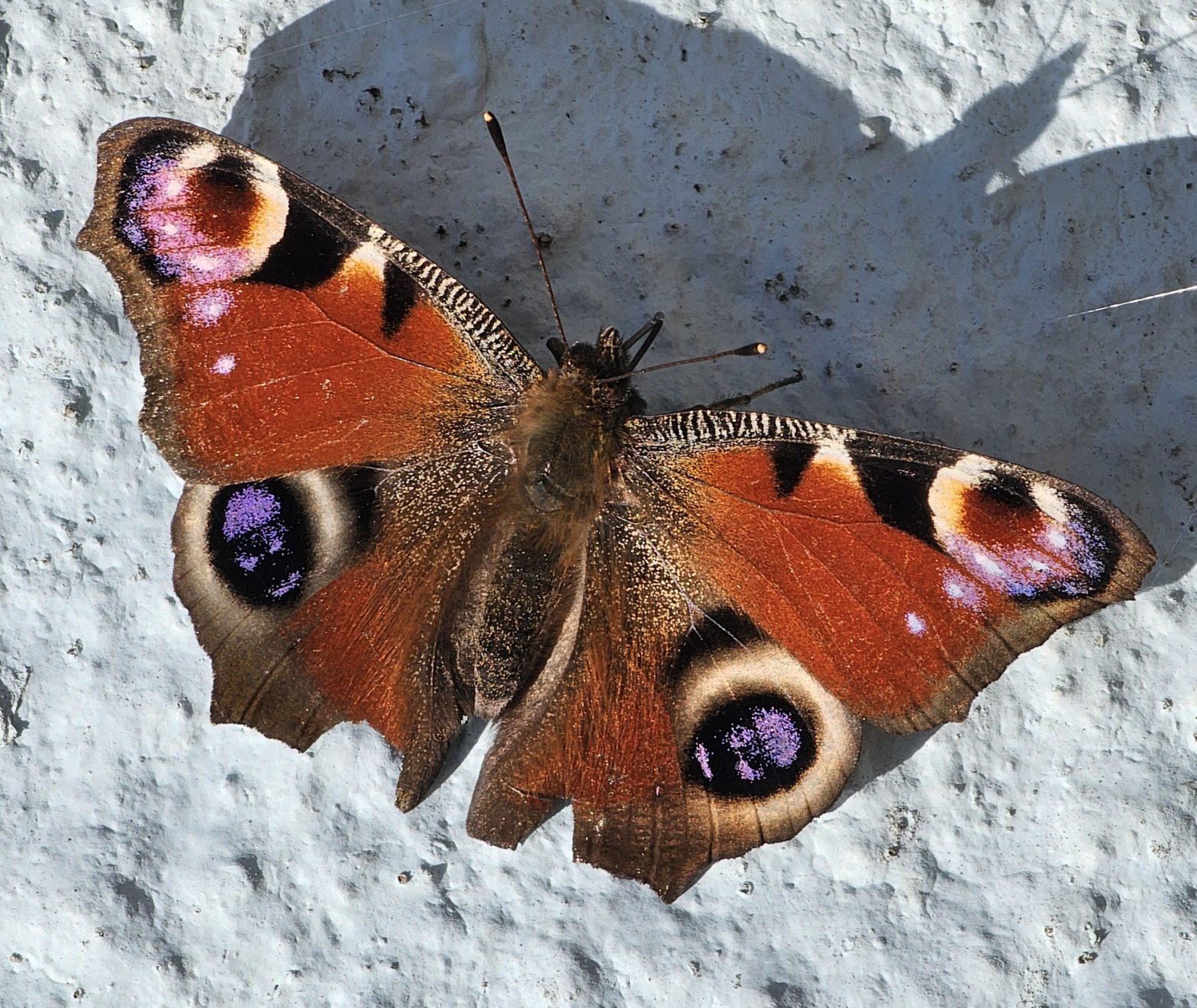Nestled on the rugged coastline of South Devon, Berry Head National Nature Reserve is a sanctuary for wildlife and a haven for nature enthusiasts. Here you’ll find Marije Zwager our dedicated Engagement Ranger who, along with a team of volunteers, have identified some worrying trends.
In this blog, Marije shares her insights and explains what these findings could mean for the health of our butterfly populations.
“As another annual Big Butterfly Count draws to a close, many of us have been wondering why the meadows, brambles and Buddleia are not yet festooned with hungry butterflies? Are they just late this year, perhaps due to the wet and windy spring? Or is this evidence of their overall decline, along with our dwindling insect populations?
The Torbay Coast and Countryside Trust ranger team and volunteers have been counting butterflies along a set transect at Berry Head National Nature Reserve for many years, providing invaluable species data to the UK Butterfly Monitoring Scheme, set up in 1976 and one of the longest running insect monitoring schemes in the world. We are proud to have a wide variety of butterflies on our site, from large, bright orange Silver-washed fritillaries to the UK’s most diminutive butterfly, the Small blue. In 2021 we were even visited by a Swallowtail!
Consistent, long-term data helps researchers to understand changes in insect populations and in turn inform future conservation efforts. Backed by scientific evidence, funding and resources can be put in place for species which are struggling, to help address the current biodiversity crisis.
The Berry Head data captured online allows a 10-year comparison of total butterfly numbers recorded at a date ranging between 17-30th July (no data set for 2018 and 2020). Interestingly, 2023 stands out as a good year for butterflies (387 recorded on the 20th July) with the 2024 count more in line with the usual trend (173 recorded on the 18th July).
Picking an individual species at random, say the Meadow Brown, peaked in numbers in 2023 at 126, more than double 2024’s count at 54, with 85 recorded in 2015 but a mere 8 in 2016.
These findings highlight the importance of checking anecdotal evidence against solid facts and the important contribution you can make by taking part in Citizen Science projects such as these.
The Berry Head ranger team run a practical volunteer session every Thursday between 0930-1500 and butterfly transects are regularly conducted during the summer months. During the autumn and winter season we are always looking for people to help us rake up the grass cuttings to prevent them rotting down and acting as fertiliser which has a negative effect on the special limestone flora which thrive here. It is the very abundance of these flowers which in turn support the numbers insects and butterflies we are hoping to attract.
Visit our volunteers page to find out more about who you can support us.”


